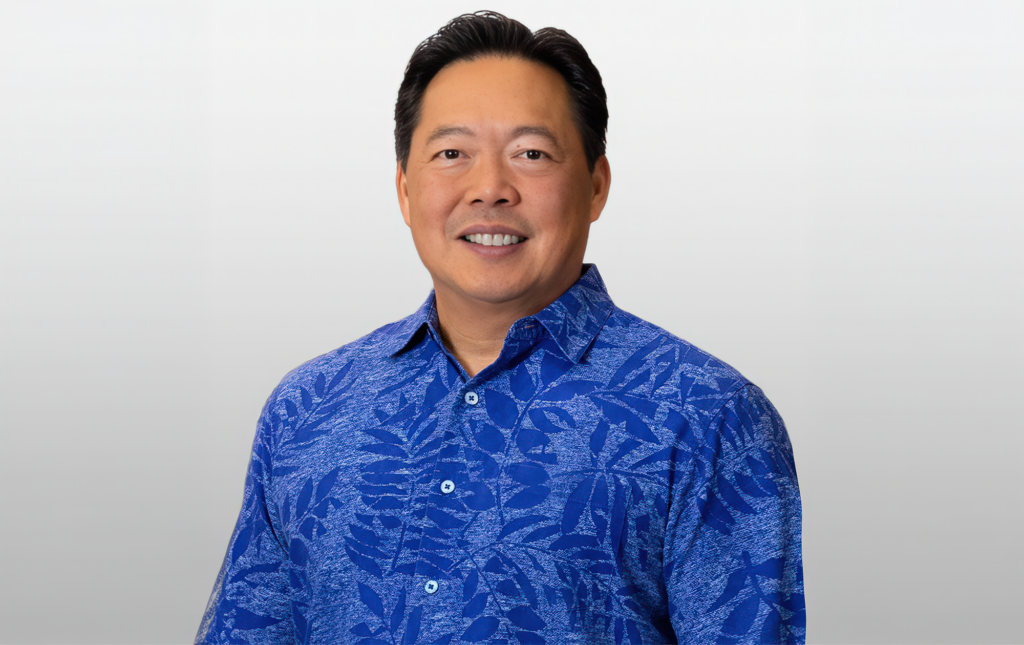Financial Planning Guide 2025
Hear what our experts on the following pages have to offer in regard to your financial plans.

Planning for today. Preparing for tomorrow.
When it comes to money, most people don’t worry about headlines until they hit home. Rising interest rates, market volatility, inflation—it can all feel overwhelming. But for Chris Lee, principal and financial advisor at Edward Jones, those shifts are simply part of a larger conversation: helping families in Hawai‘i prepare for the future.
“It’s easy to get caught up in the rate cuts and economic news,” Lee says. “But what really matters is how these changes affect your personal goals—buying a home, upgrading your family car, saving for retirement, or ensuring you have health care coverage when you need it most.”
Hawai‘i’s complex financial picture
The economic picture in Hawai‘i is complex. The labor market remains resilient, and equity markets have delivered above-average gains in recent years. But residents still face unique challenges: Along with high housing costs and rising health care expenses, there’s uncertainty around Social Security and pensions. Lee points out that financial priorities differ across generations:
-
Millennials often focus on saving for a first home while managing student loans.
-
Gen Xers are balancing careers and maximizing 401(k)s and IRAs.
-
Baby Boomers want to maintain the lifestyles they’ve worked hard to build, while preparing for increasing health care needs.
-
High-net-worth families are focused on generational wealth transfer and legacy planning.
That’s why Lee emphasizes diversification—not just in equities and bonds, but also across credit qualities, sectors and time horizons. “We still see fixed income as a valuable strategy, especially when it’s diversified,” he explains. “We also remain opportunistic in U.S. equities, particularly quality companies in technology and AI. But the key is building a plan that fits your risk tolerance and long-term goals.”
Retirement and legacy planning
Lee offers strong guidance about retirement planning. “Don’t overload your portfolio with cash. Inflation erodes value over time. And for many retirees, delaying Social Security can strengthen their financial position in later years.” For Lee, financial advising is more than numbers on a page. “This is about people’s lives—their families, their legacies, their security. Robo-advisors can’t replicate that human side of planning. Listening, understanding, and building trust is what makes the difference.”
Growth and innovation at Edward Jones
That people-first philosophy is backed by firm-level investments. “We’re growing in so many ways, so it’s not about one single growth opportunity,” Lee says. “I’m really excited that Edward Jones continues to make ongoing investments to enhance the high-net-worth client experience.”
Edward Jones is expanding its product offerings to help these clients diversify their portfolios and optimize their taxes. Many of these enhancements are in support of Edward Jones Generations®, the firm’s first private client service, which officially launched in May. The program offers tax strategies and wealth-transfer solutions designed to help families prepare across multiple generations.
At the same time, Edward Jones is investing $1.5 billion in financial technology to empower advisors with innovative solutions. “Our technology is designed to free up capacity for financial advisors to grow their practices,” Lee explains. “That allows us to focus even more on complex planning needs, while balancing innovative digital tools with the personal service that clients in Hawai‘i expect and deserve.”
Looking ahead
Lee acknowledges risks on the horizon—geopolitical uncertainty, inflationary pressures, and inevitable market volatility. But he also sees opportunities.
“The future of wealth in North America is about resiliency and planning,” he says. “With the right guidance, clients can feel confident no matter what the markets bring.”







